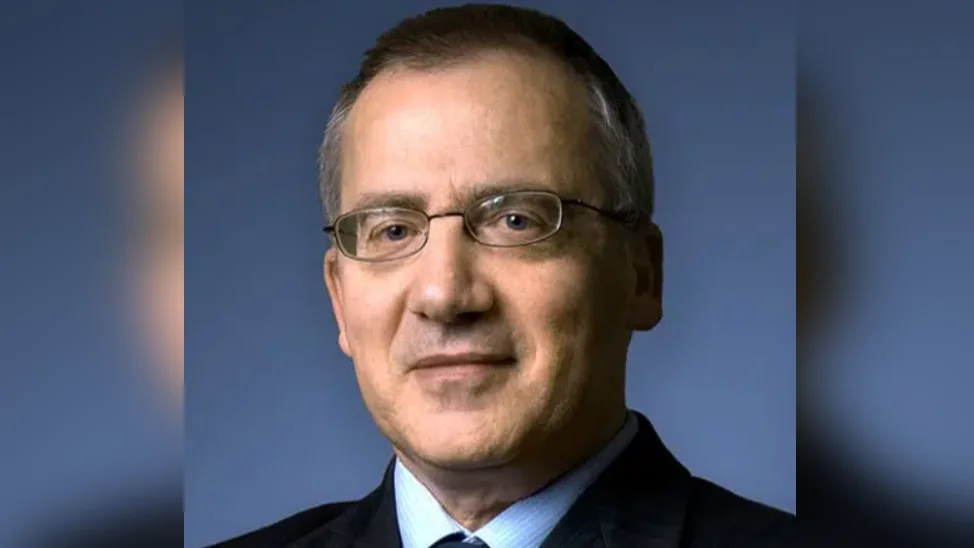
Last year, Houghton Hutcheson, 79, experienced shortness of breath during a trip to Colorado. Upon returning home, he consulted his primary care physician, Eric Thomas, MD, MPH, professor in the Department of Internal Medicine at McGovern Medical School at UTHealth Houston. Imaging revealed scarring on Hutcheson's lungs and led to a referral to pulmonologist Rodeo Abrencillo, MD.
Dr. Abrencillo is vice chief of research and associate professor in the Division of Pulmonary, Critical Care, and Sleep Medicine at McGovern Medical School. He diagnosed Hutcheson with idiopathic pulmonary fibrosis (IPF), an incurable lung disease characterized by progressive scarring.
“When I found out it was pulmonary fibrosis at first, it didn't mean anything to me, because I'd never heard of it before,” said Hutcheson. “He was very direct and very upfront, he didn't mince words, and he didn't sugarcoat anything. He told me that no medication has been found yet that will cure the disease and stop the scarring in my lungs.”
The exact cause of IPF remains unknown but is believed to involve genetics and lifestyle factors such as smoking. While there is currently no cure or treatment capable of reversing lung scarring from IPF, recent advances have produced medications that can slow its progression.
“Early diagnosis is key for treatment of this disease,” said Abrencillo. “From disease onset, diagnosis usually can be between three to five years, and by that time, the scarring is moderate to severely advanced. Within a year, they would need to be on oxygen, and without treatment, the survival is around five years.”
Hutcheson began taking pirfenidone after his early diagnosis. The medication has antifibrotic and anti-inflammatory properties thought to reduce production of proteins involved in lung damage. Early intervention has helped limit further scarring for Hutcheson and improved both his symptoms and quality of life.
Despite these advances in management options for IPF patients like Hutcheson face uncertainty about their prognosis.
“I may die of something else before pulmonary fibrosis takes me; there just is no way to know,” said Hutcheson. “I will be 80 next year. My wonderful wife and I will celebrate our 49th anniversary, and we have five grown adult children, seven grandchildren, and three wonderful daughter-in-laws. I have had a nice full life; as a person of faith I know where I'm going after this.”
Hutcheson continues regular follow-up visits with Dr. Abrencillo every four to six months for monitoring disease progression; since starting pirfenidone his condition has remained stable.
“I am just living my life. We're all gonna die someday but I'm not just going to wait around for it,” he said.